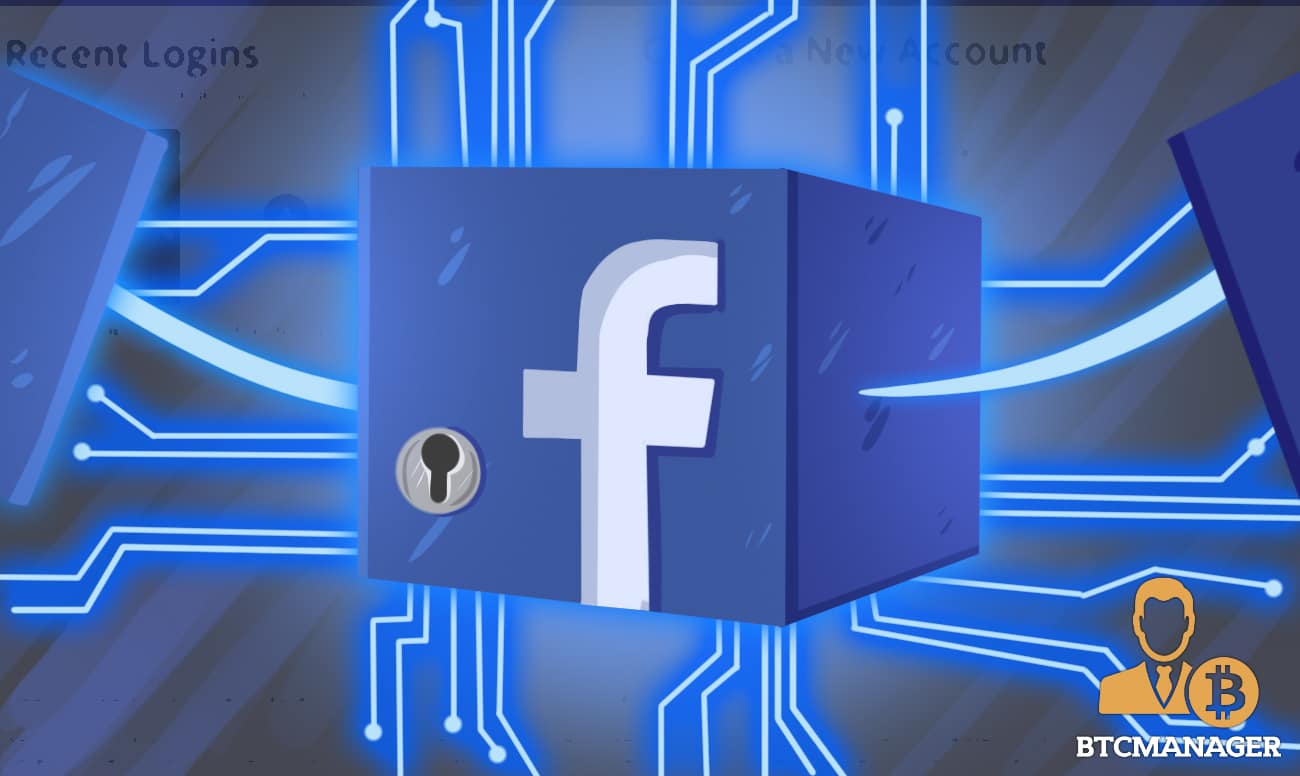Mark Zuckerberg Considering Blockchain for Data Authorization

Mark Zuckerberg hinted in a February 20, 2019 interview that he is considering making use of blockchain technology for data authorization purposes.
Data Authorization
Facebook has taken its time when it comes to entering the blockchain market. For a while, there were rumors of Facebook making certain moves to that effect including launching a native token for its WhatsApp messaging platform.
In January 2018, Facebook made its first public move by acquiring Chainspace, a blockchain startup, though it is said that Facebook only made the acquisition to gain access to the expertise of the staff, and not for Chainspace’s technology which, at the time it was acquired, was geared towards fixing scalability problems. Since then, Facebook has been rumored to be looking into more acquisitions.
On February 20, 2019, Mark Zuckerberg, the CEO of Facebook, participated in an interview with Harvard Law professor Jonathan Zittrain in which the two discussed technology and its effects on society.
During the discussion, Zuckerberg spoke about how he feels that his company and his generation are working towards a decentralized world. Zuckerberg said that his generation warmly embraced the technology because “it gives individuals power, and is not massively centralizing.”
Also, he spoke about potentially making use of blockchain technology to authorize data.
“Basically, you take your information, you store it on some decentralized system, and you have the choice to log into places without going through an intermediary,” he said.
What Happens Next?
While this could be a clue to why Facebook’s next move is when it comes to blockchain, crypto enthusiasts shouldn’t rejoice quite yet. Zuckerberg acknowledged that the process of setting up a decentralized structure to carry out such operations would be very “computationally intense” though that challenge could be overcome.
Zuckerberg’s reluctance, however, stems from the potential moral implications of such a system being put in place.
“I think the more interesting questions are not their feasibility in the near term, but the philosophical questions of the goodness of a system like that one,” Zuckerberg said, adding that while users will have more control over their data, abuse could set in and the outcome could be difficult to rectify.
Regardless, Facebook has taken some steps towards a decentralized future such as offering encrypted messages sent through their platform which provides greater privacy and security.













